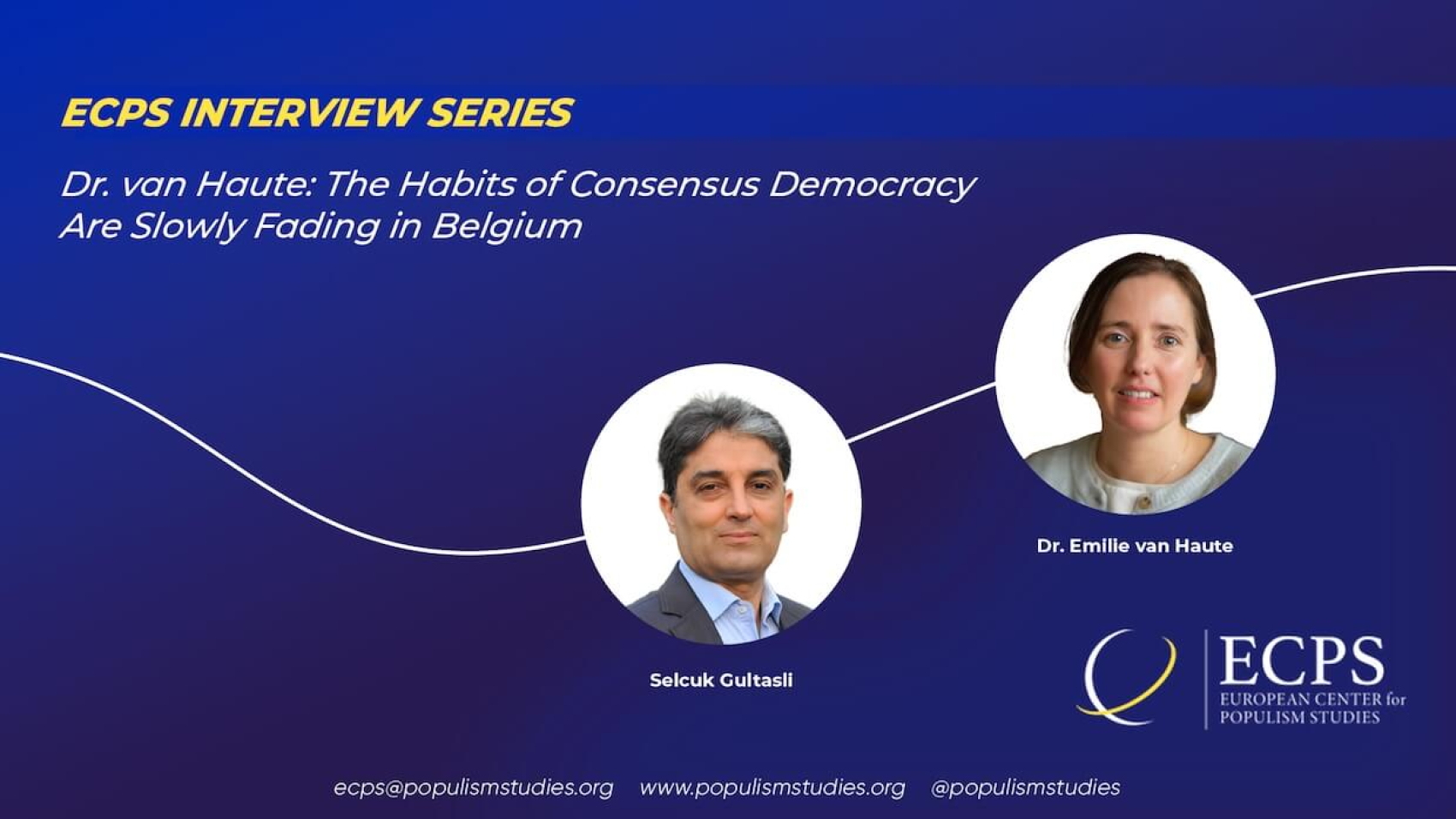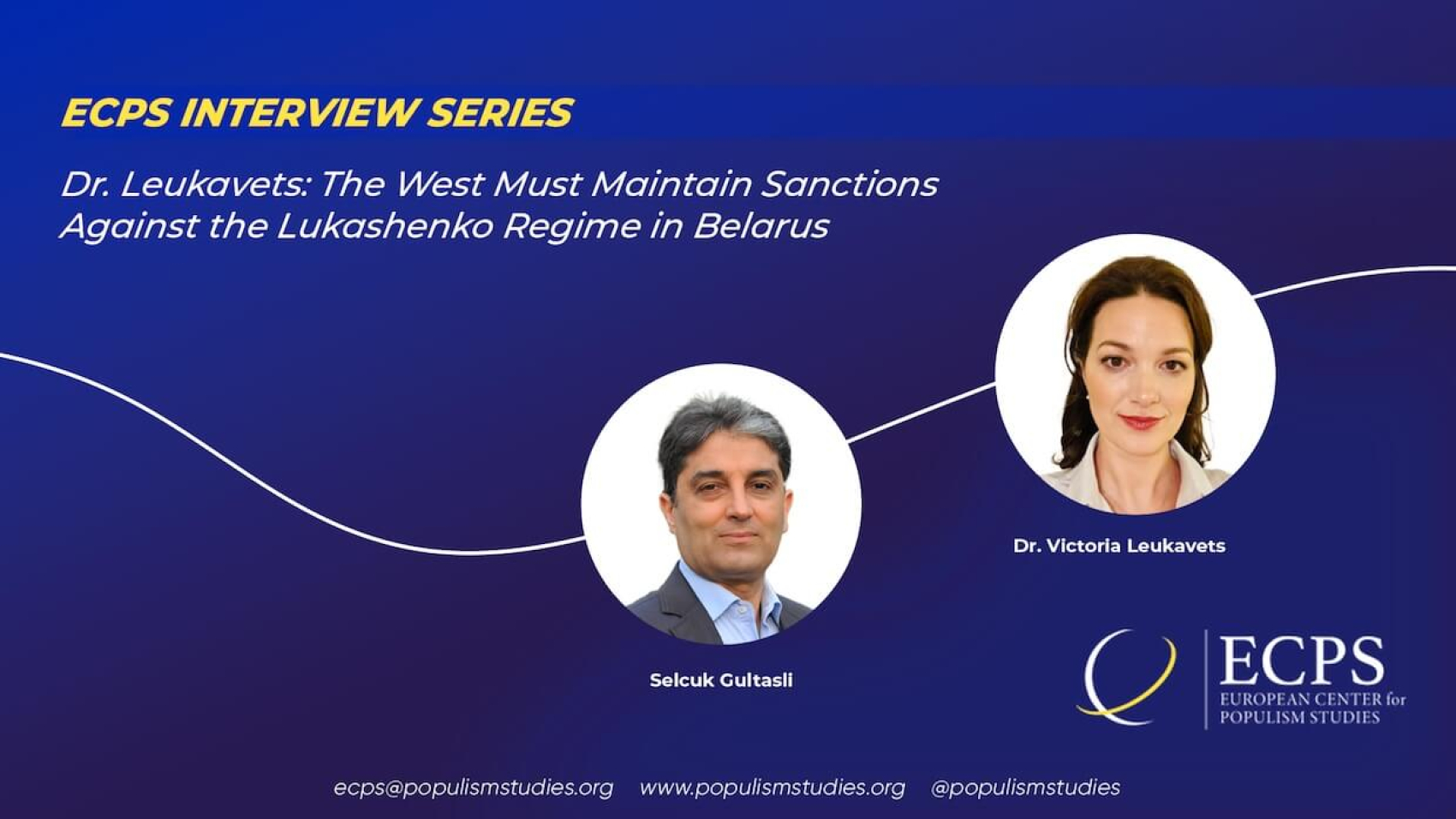The EU’s human rights commitments are weakening as populist movements push restrictive migration policies, warns Dr. Ellen Desmet, Associate Professor of Migration Law at Ghent University. She describes a growing disregard for human rights, stating, “We are witnessing blatant human rights violations that are only increasing.” A 2024 report documented over 120,000 pushbacks at EU borders, violating non-refoulement by forcibly returning asylum seekers without assessing their protection needs. “Some EU countries have even legalized these pushbacks,” Desmet cautions, while the European Commission hesitates to act. She also points to far-right rhetoric shaping restrictive policies, with mainstream parties following suit. Meanwhile, according to Dr. Desmet, Belgium’s new government threatens judicial independence and tightens asylum rules, further escalating human rights concerns.
Interview by Selcuk Gultasli
The European Union’s commitment to human rights and asylum protections is under increasing strain as populist movements push for restrictive migration policies. Dr. Ellen Desmet, an Associate Professor of Migration Law at Ghent University, highlights this deterioration in a compelling interview with the European Center for Populism Studies (ECPS). She provides an evidence-based assessment of how EU member states are violating fundamental principles of international refugee law, including the principle of non-refoulement.
According to Dr. Desmet, while “lip service is still paid to human rights on paper, in practice, we are witnessing blatant human rights violations that are only increasing.” She points to a 2024 report by a Belgian coalition of NGOs, which documented over 120,000 pushbacks at EU external borders. These pushbacks, often occurring in Greece and other key entry points, involve forcibly returning people without assessing their need for protection—a direct violation of non-refoulement, which prohibits states from deporting individuals to places where they risk torture, persecution, or threats to their life and dignity. Disturbingly, some EU states have even enacted laws to legalize these pushbacks, while institutions like the European Commission remain reluctant to take action against these clear breaches of international law.
Beyond border policies, Dr. Desmet emphasizes a broader deterioration in the rights of migrants, asylum seekers, and refugees. She warns that European states are increasingly treating migrants as security threats, with a growing trend of externalizing migration policies—a tactic designed to shift asylum responsibilities away from the EU. This is particularly evident in Belgium’s recent policy shifts, where the new coalition government has adopted a more restrictive approach. “We see worrying developments from a rule-of-law perspective,” she explains, referring to how judicial rulings on asylum reception have been ignored and how judicial independence is now under threat.
Dr. Desmet also discusses how far-right movements and mainstream political parties alike are fueling anti-migration policies by framing migration as a “crisis.” This has led to ‘a race to the bottom’, where governments are tightening asylum laws to outmaneuver populist opponents. Policies once considered extreme are now becoming mainstream, further undermining human rights and democratic principles.
In this interview, Dr. Ellen Desmet provides a critical analysis of how legal frameworks, political rhetoric, and migration policies intersect, shedding light on one of Europe’s most pressing human rights challenges.










